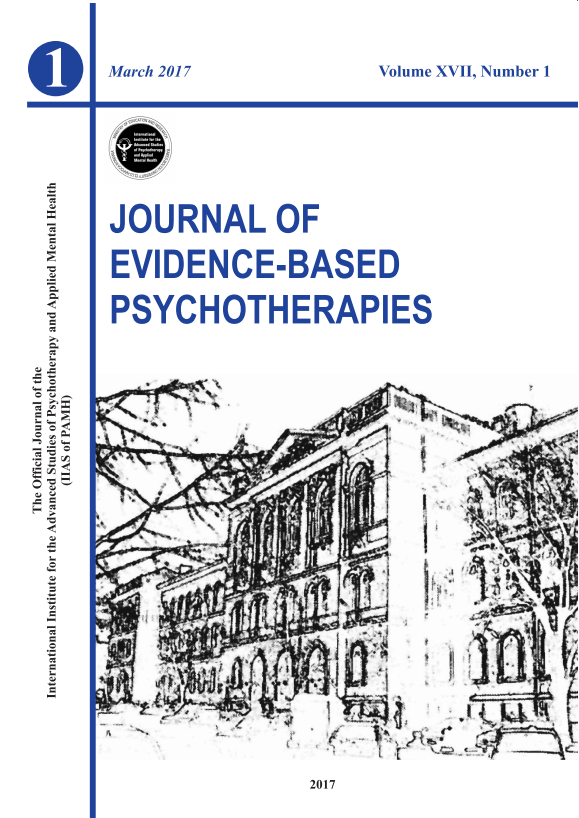Daciana DUMITRESCU & Alina S. RUSU*
Babes-Bolyai University, Cluj-Napoca, Romania
Abstract
In line with the current trend in evolutionary psychology (i.e., focus on the impact of psychological factors on individual reproductive potential), we investigated the association between early maladaptive schemas, the level of couple satisfaction and the mate value of individuals involved in stable relationships. The research was conducted on a sample of 182 Romanian participants (174 females and 8 males, average age = 23.99 years). Standard instruments were used to measure the level of early maladaptive schemas (Young Schema Questionnaire), the level of couple satisfaction (Dyadic Adjustment Scale), and the individual mate value (High-K Strategy Scale). Our results indicate that an increased level of early maladaptive schemas predicts a decreased level of couple satisfaction, and that the level of early maladaptive schemas negatively correlates with the individual mate value. The findings are discussed from the perspective of evolutionary psychology and couples therapy.
Keywords: early maladaptive schemas, mating process, reproductive value, marital satisfaction
